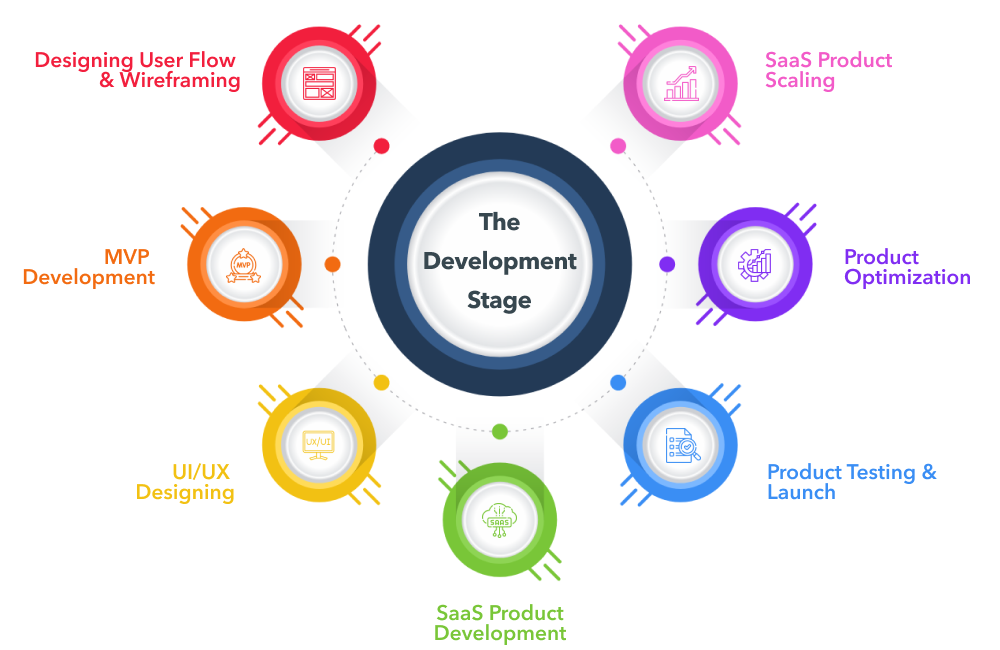In the world of micro SaaS (Software as a Service) businesses, customer support is often a defining factor that separates the successful ventures from the rest. Offering exceptional customer support can be a game-changer, fostering customer loyalty, reducing churn, and driving positive word-of-mouth. In this article, we’ll explore the critical role of customer support in the success of your micro SaaS startup and share strategies to excel in this crucial aspect of your business.
Customer support plays a pivotal role in the success of micro SaaS businesses. It involves providing assistance, resolving issues, and ensuring a positive customer experience, which can lead to higher customer retention and growth.

1. Timely and Responsive Support:
- Respond promptly to customer inquiries, whether through email, chat, or phone. Quick and effective responses can significantly enhance the customer experience.
2. Knowledgeable Support Team:
- Train your support team to have in-depth knowledge of your micro SaaS product. They should be able to answer technical questions and provide solutions effectively.
3. Self-Service Resources:
- Create a robust knowledge base, FAQs, and tutorials that allow customers to find answers to common questions independently. This reduces the workload on your support team.
4. Personalized Communication:
- Address customers by name and tailor responses to their specific inquiries. Personalization shows that you value their individual needs.
5. Proactive Outreach:
- Reach out to customers proactively to gather feedback, offer assistance, or provide updates. Proactive communication can prevent issues from escalating.
6. Multichannel Support:
- Offer support through various channels, including email, chat, phone, and social media. Ensure customers can reach you through their preferred method.
7. Escalation Procedures:
- Have clear procedures in place for escalating and resolving complex or urgent issues. Ensure customers feel supported even when facing challenging problems.
8. Customer Feedback Loop:
- Actively solicit and collect feedback from customers. Use their input to make product improvements and refine your support processes.
9. Measure and Improve:
- Track key support metrics, such as response times, resolution rates, and customer satisfaction. Continuously analyze this data to identify areas for improvement.
10. 24/7 Availability (if feasible): – Consider offering 24/7 customer support, especially if your micro SaaS product serves a global customer base. This can enhance accessibility and customer satisfaction.
11. Onboarding and Training: – Provide onboarding assistance and training resources to help new customers get started with your product seamlessly.
Case Study: Intercom’s Customer-Centric Approach
Intercom, a micro SaaS company specializing in customer messaging and support, is known for its customer-centric approach. They offer a variety of support channels, including live chat, email, and a knowledge base. Intercom’s support team is highly responsive and knowledgeable, providing solutions quickly. This commitment to customer support has helped them build strong customer loyalty.



